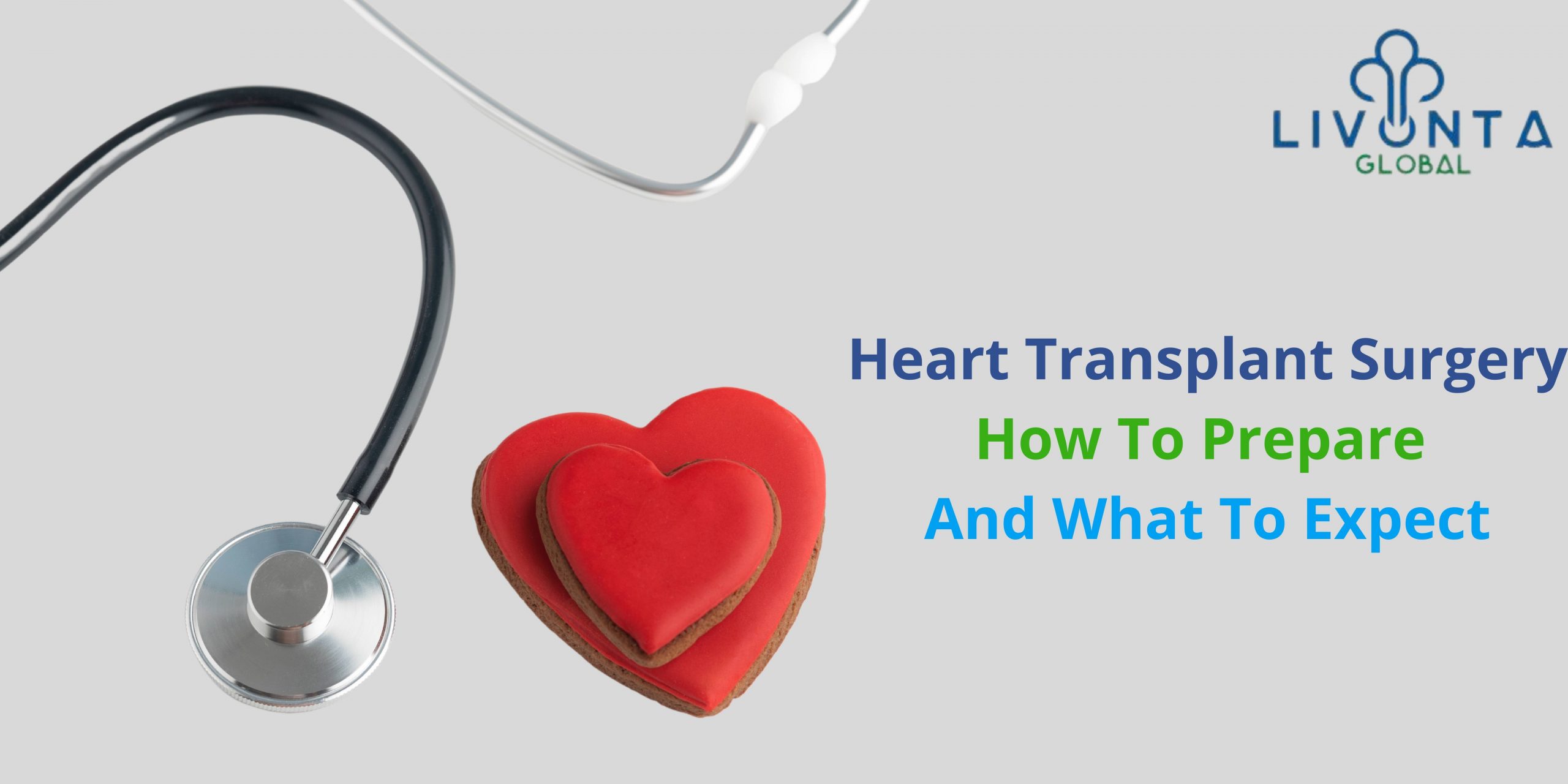A heart transplant is a process in which the diseased heart is removed and replaced with a healthy heart from an organ donor. When there are no other options for treating heart failure, a heart transplant surgery procedure is required. Heart failure is a condition in which the heart muscle has been injured, weakened, or is not pumping enough blood, impairing the heart’s normal function. Like liver transplant in India, heart transplant is also getting popular. In fact, as one of the top medical tourism destinations you can find many reputed heart and liver hospital in india,
When noninvasive or less intrusive methods such as drugs and lifestyle changes fail to provide the intended results and the patient satisfies the criteria for a heart transplant, a team of experts plans the procedure.
Candidate For a Heart Transplant
For a heart transplant surgical process, the ideal applicant must meet the following criteria.
- Be in between the ages of 60 and 65.
- Should not have any other major health problems or medical disorders.
- Must have a cooperative attitude and be willing to follow doctors’ recommendations for regular follow-up visits
- Should be willing to adapt lifestyle changes and maintain a well-balanced diet.
When is Heart Surgery Carried Out?
Heart surgery can be carried out if any of the following is diagnosed –
- End-stage heart failure
- Coronary artery disease
- Congenital defects or Heart defects since birth
- Valve dysfunction
- Cardiac Arrhythmias (Irregular heartbeat )
- Damaged or weak heart muscle
You will be added to the donor list once you have been determined to be an exceptional candidate for a heart transplant surgery procedure. The surgery is performed once a donor is found who matches your blood sample.
How To Prepare For Heart Transplant Surgery
You are placed on the waiting list for a heart transplant after being reviewed by your heart specialist and a team of specialists and being determined to be an ideal candidate for a heart transplant. Your blood type and blood sample should match the donor, and the heart will be given to the patient who is sickest and needs it the most to save his life.
Pre-evaluation
A group of doctors collaborates to determine the patient’s health status. Before deciding on a surgery, various tests are performed to see if the procedure can be scheduled. In planning heart transplant surgery, a multidisciplinary team includes a cardiologist, physician, trained nurses, anesthesiologists, surgery, pathology, radiology, and psychiatry uses a multidisciplinary approach.
The following screenings are done –
- Physical examination
- Checking family medical history
- Kidney function test
- Liver function test
- Pulmonary function test
- Cardiac ultrasound
- Chest x-ray
- Echocardiogram
- Electrocardiogram
- Cancer screening test
- Dental screening
Awaiting The Heart of a Donor
When the team determines that you are a good candidate for a heart transplant, you are placed on a donor organ waiting list. Doctors are responsible for monitoring the patient’s overall health during the waiting period.
When the Heart of the Donor is Available
Within four hours, the donor’s heart must be placed into the recipient. You must proceed to the hospital for operation as soon as the donor’s heart becomes available and the doctors are told.
The evaluation is repeated in the hospital to ensure that you are fit for surgery. The procedure is started after everything has been checked and deemed to be suitable.
What to expect?
Once the operation is completed, you will be admitted to the Intensive Care Unit for a few days to allow your body to heal.
When the anesthesia wears off, you’ll be taken off the ventilator. It’s possible that you’ll spend 4 to 5 days in the ICU. You will be discharged from the hospital after you begin to show signs of recovery. It is recommended that you stay in the vicinity of the hospital for 1-2 months for follow-up visits. Physical, mental, and emotional support, as well as a good attitude, are required to get back to normal activities after a transplant.

Leave a Comment